Music has always been an integral part of our lives. The piano has stood the test of time as one of the most versatile and beloved musical instruments. In recent years, a new innovation has taken center stage in the world of pianos—the hybrid piano. Blending the timeless elegance of an acoustic piano with the technological advancements of the digital age, hybrid pianos offer a harmonious fusion of tradition and innovation. In this blog, we will explore everything you need to know about hybrid pianos, their features, benefits and the exceptional musical experiences they bring.
What is a Hybrid Piano?
A hybrid piano combines the acoustic sound and feel of a traditional piano with the digital capabilities of a modern instrument by incorporating advanced technology to enhance the playing experience. It offers a vast array of sounds, effects and recording capabilities while preserving the tactile authenticity of an acoustic piano.
Acoustic Meets Digital
Hybrid pianos utilize an acoustic piano action, which means they have hammers, strings and a wooden soundboard just like a traditional piano. However, they also integrate sensors to capture key movement and transmit it to a digital sound engine, resulting in an instrument that can reproduce the rich, resonant sound of an acoustic piano while providing access to an array of digital features.
Sound Variety and Customization
One of the most significant advantages of hybrid pianos is their ability to produce a wide range of sounds beyond the traditional piano tones. From string ensembles to organs, choirs and even synthesized sounds, hybrid pianos offer limitless possibilities for musical exploration. Additionally, many models allow users to customize and modify existing sounds, enabling musicians to create their unique sonic signature.
Silent Practice and Recording Capabilities
Traditional pianos can be loud, limiting practice opportunities in noise-sensitive environments. Hybrid pianos address this concern by incorporating a silent mode, allowing users to wear headphones and practice discreetly. Furthermore, hybrid pianos often come equipped with recording capabilities, enabling musicians to capture and share their performances effortlessly.
Maintenance and Durability of Hybrid Pianos
Acoustic pianos require regular tuning and maintenance. Hybrid pianos, on the other hand, eliminate the need for tuning as they generate sound digitally. Additionally, the digital components ensure greater durability, reducing the risk of damage or wear.
Connectivity and Integration
Hybrid pianos seamlessly integrate with modern technology. They often include USB and MIDI ports, allowing users to connect their instrument to computers, tablets and recording devices. This connectivity provides endless possibilities for music composition, production and collaboration with other digital instruments and software.
With their ability to reproduce the authentic sound and feel of an acoustic piano while embracing the advantages of modern technology, hybrid pianos offer a gateway to limitless creativity and musical exploration. Whether you are a professional musician, a student, or an enthusiast, check out the hybrid pianos for sale at pianorentals.com.







